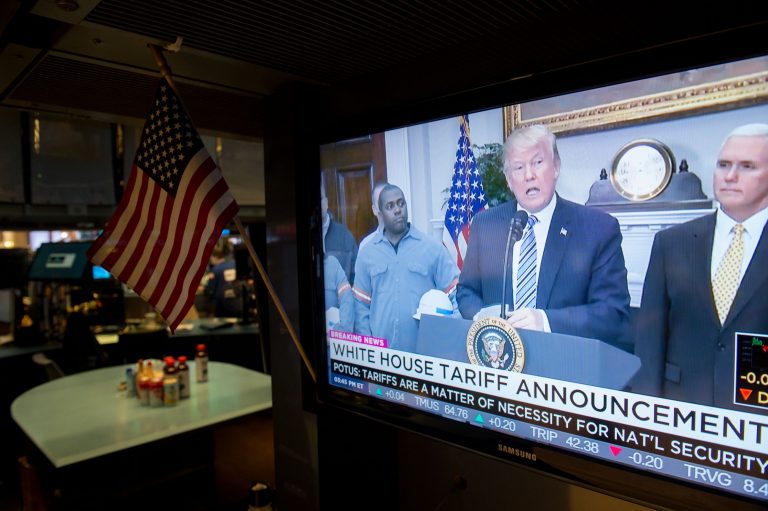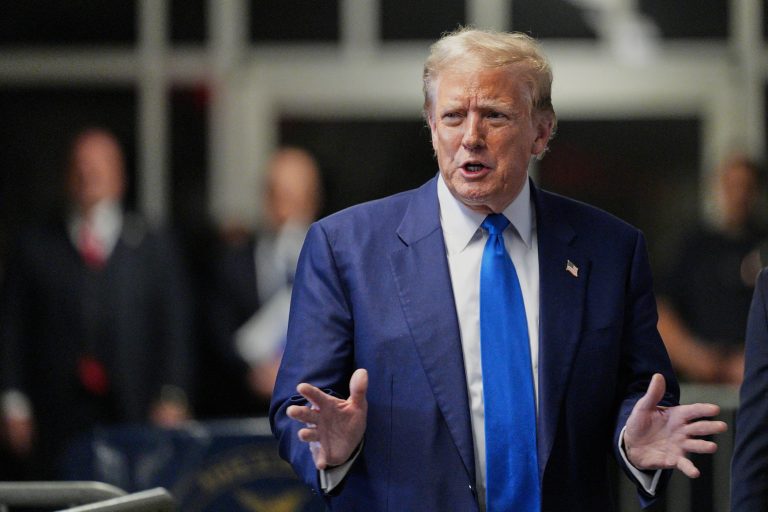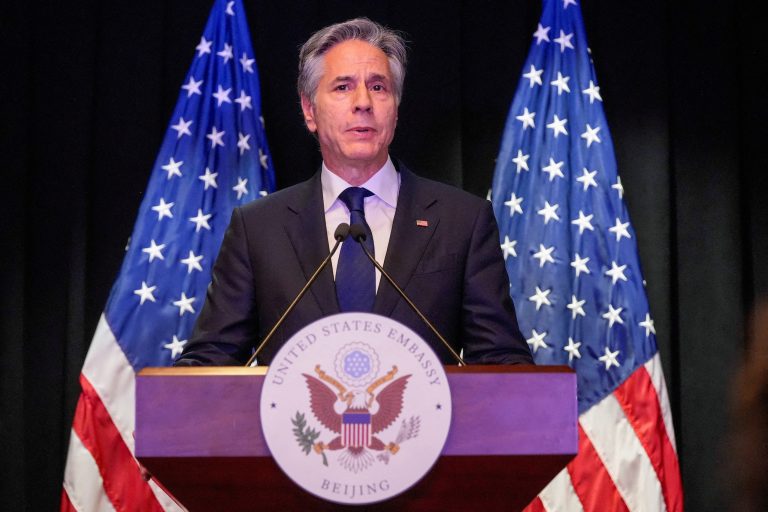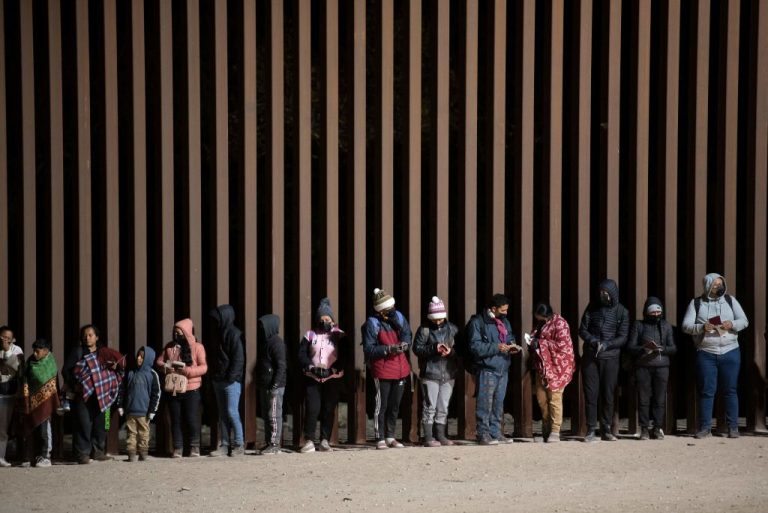President Joe Biden and the president of the European Commission, Ursula Von Der Leyen, have announced an agreement to lift tariffs on European Union (EU) steel and aluminum that were imposed under the Trump administration. In return, the EU will also remove tariffs on a “range of U.S. products.” Biden has called the agreement a “new era of transatlantic cooperation.”
In a remark made on Oct. 31, Biden said that the agreement will ensure a “strong and competitive” U.S. steel industry for decades and generate “good-paying union jobs’ for Americans. The deal is a “major breakthrough” that not only protects American industry and jobs but also addresses “the existential threat of climate change,” according to the president.
“This — these arrangements will, one, lift up U.S. aluminum and steel, which is among the greatest steel in the world — that’s somewhat prejudiced on my behalf; incentivize emission reductions in one of the most carbon-intensive sectors of the global economy; restrict access to our markets for dirty steel from countries like China; and counter countries that dump steel in our markets, hammering our workers and harming them badly along with the industry and our environment,” Biden said.
The tariffs were imposed in 2018 by President Donald Trump. Steel attracted a 25 percent tariff while aluminum was slapped with a 10 percent levy. The tariffs were imposed following a Section 232 investigation which discovered that foreign products posed a threat to America’s national security.
Some countries like South Korea, Australia, Brazil, etc. were exempted from the tariffs. However, nations that were subjected to these tariffs, including EU countries, imposed counter tariffs on several American imports like whiskey, peanut butter, jeans, and motorcycles. U.S. whiskey exports to the EU fell 37 percent following the EU’s tariffs.
Success
You are now signed up for our newsletter
Success
Check your email to complete sign up
Matt Meenan, senior director of external affairs at the Aluminum Association, said that they are looking forward to learning the specifics of the proposal. He expressed hope that the agreement will help combat “unfair Chinese industrial policy” and boost American aluminum jobs. The association represents the majority of aluminum production in America.
Meenan added that the Aluminum Association has “long favored a gradual phaseout of the Section 232 tariffs—rather than a tariff rate quota (TRQ)—as the best way to resolve the trade dispute with the European Union.”
U.S. Commerce Secretary Gina Raimondo stated that the U.S.-EU agreement will retain the 25 percent tariffs on steel and 10 percent on aluminum imposed under Section 232. However, Washington will now allow “limited volumes” of metals manufactured in the European Union to the United States duty-free. The exact volume was not revealed.
In addition, EU steel products that received exclusions from the Commerce Department in the past year will enjoy an extra two years of duty-free benefits above the agreed quotas. The deal mandates that steel and aluminum being exported to the U.S. be completely produced within the European Union.
In a teleconference with American officials, Raimondo took a dig at cheap Chinese imports.
“For far too long, China was routing its cheap steel into the U.S. via Europe and other markets, which drove down prices and made it essentially impossible for [the] American steel and aluminum industry to compete… And of course, in so doing, hurting the industry, hurting our workers—so today’s agreement enables us to allow limited volumes of steel to enter the U.S. tariff-free while still protecting America’s steel industry by ensuring that all steel entering the U.S. via Europe is produced entirely in Europe,” Raimondo said.
















